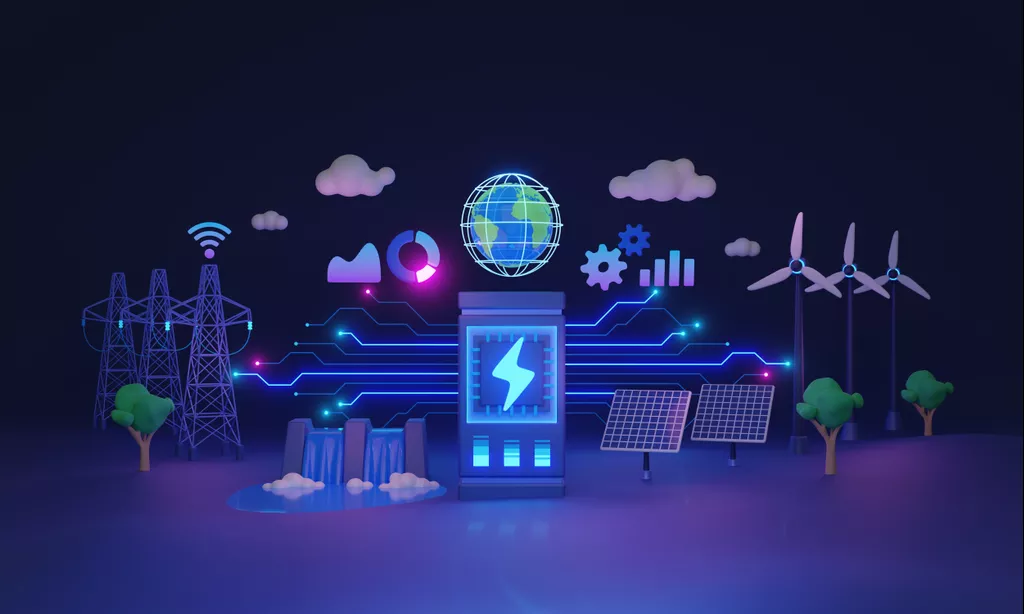Invinity Energy Systems (IES) , a global manufacturer of utility-grade energy storage, announced unaudited results for the 6 months ended June 30 2023.
Invinity reported £14.8m of total income, a 10x increase year-on-year from £1.5m in H1 2022. A £3.3m gross loss reflects previously disclosed contract losses in Canada and Australia, from a £2.1m loss last year. Total inventory and net related working capital was £4.7m, up from £1.2m a year ago. Cash at period end was £12.9m.
Operationally, Invinity delivered 26.5 MWh of vanadium flow batteries during the half, a 7x increase year-on-year and the largest number of batteries the company has ever delivered in a 6-month period. This included a 10 MWh California project done at a positive gross margin. 15.6 MWh was manufactured during the period, representing a 2.6x increase from last year.
During the half, Invinity announced significant progress toward its next-generation product code-named "Mistral", with 100 MWh already ordered or selected to receive funding, including 84 MWh from the US Department of Energy.
View from Vox
An impressive set of results from Invinity as it hit an anticipated value inflection point in H1 2023 with income rising by 10x. Investors welcomed the positive interim results, sending IES shares 13% higher. Almost all of the £14.8m income was driven by Invinity's 3 largest projects - a 8.4 MWh vanadium flow battery (VFB) to Elemental Energy in Canada, an 8 MWh VFB to Yadlamalka Energy in South Australia, and the 10 MWh Viejas project in California. The last one was Invinity's largest order in the US and was delivered at a positive gross margin.
Invinity's next-generation Mistral project is being jointly developed with Gamesa Electric and Siemens Gamesa Renewable Energy, and is shaping up to be another homerun for the company with 100 MWh already ordered. Everdura placed the first 14.4 MWh order earlier in September, and the US DOE today announced funding for a whopping 84 MWh of Mistral projects. The product is expected to launch in mid-2024.
Total inventory and net related working capital quadrupled to £4.7m from £1.2m last year as a result of increased activity to deliver on the company's 2023 sales pipeline. 2023's revenue backlog stood at £24.9m on September 22 2023. During the half, Invinity raised £23m from an equity fundraise and received a £2.5m investment from Taiwanese technology group Everbrite. Following the repayment of its Riverfort loan facility in March 2022, Invinity is debt free, with a comfortable £12.9m in cash at period end.
Mistral is the next in Invinity's line of vanadium flow batteries (VFB). Flow batteries have significant advantages for grid storage compared to more commonly known lithium-based chemistries (of which LiFePO4 is typically used for grid storage) in that they are very easily scalable, have longer discharge times, and can be fully discharged and recharged with no detrimental effects. Flow batteries also offer practically unlimited cycle life without capacity degradation. This all comes at the cost of greatly reduced energy density compared to Li-Ion batteries, however, this is not particularly important for grid storage.
With their distinct advantages, we expect flow batteries to play an important role in the future of large-scale grid energy storage.
Follow News & Updates from Invinity Energy Systems:

